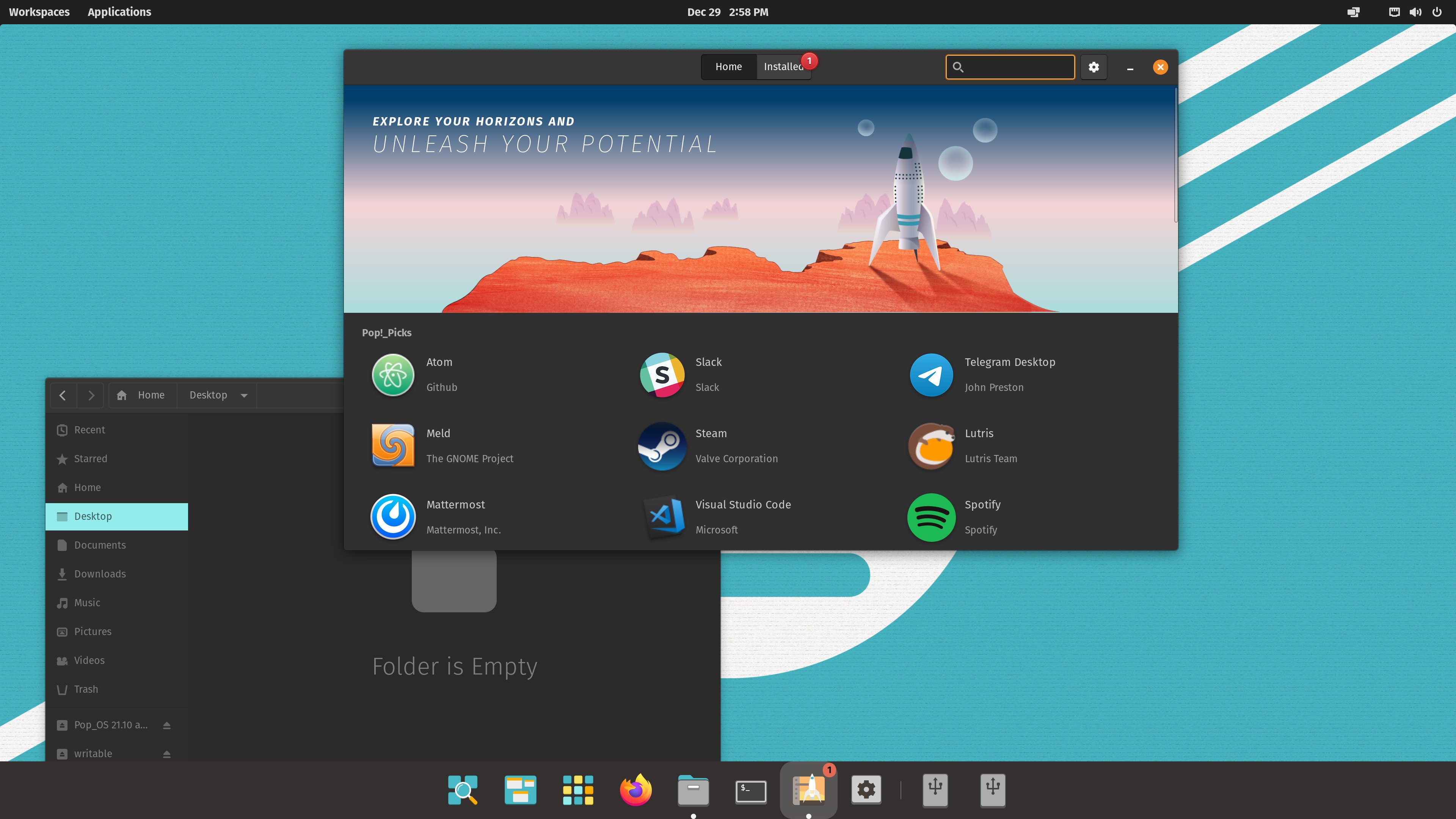Scheduling service which optimizes Linux’s CPU scheduler and automatically assigns process priorities for improved desktop responsiveness.
From Wikipedia, the free encyclopedia
Linux is a family of open source Unix-like operating systems based on the Linux kernel, an operating system kernel first released on September 17, 1991 by Linus Torvalds. Linux is typically packaged in a Linux distribution (or distro for short).
Distributions include the Linux kernel and supporting system software and libraries, many of which are provided by the GNU Project. Many Linux distributions use the word “Linux” in their name, but the Free Software Foundation uses the name GNU/Linux to emphasize the importance of GNU software, causing some controversy.
Rules
- Posts must be relevant to operating systems running the Linux kernel. GNU/Linux or otherwise.
- No misinformation
- No NSFW content
- No hate speech, bigotry, etc
Related Communities
Community icon by Alpár-Etele Méder, licensed under CC BY 3.0
- 0 users online
- 5 users / day
- 20 users / week
- 27 users / month
- 16 users / 6 months
- 20 subscribers
- 684 Posts
- 1.7K Comments
- Modlog



Yeah sure, roll your own for everything, which has worked so great for Canonical in the past. Repeating mistakes other companies have made is nearly as dumb as repeating one’s own mistakes.
There’s already lots of different Desktop schedulers with varied levels of performance, there’s gamemode and Linux on the desktop already has less overhead than Windows.
The Arch wiki has a list of software which already does this: https://wiki.archlinux.org/title/Improving_performance#Adjusting_priorities_of_processes
Pure NIH syndrome.
I mean, Solus rolled their own and are doing fine. The problem was that Ubuntu was so focused on the server market that they completely abandoned the desktop and didn’t want to sink a bunch of development costs into Unity and Mir.
System76-Scheduler feels similar to those snake-oiled game boosters.(They modify process priorities.)
This sounds like a bad idea to me. Having more stuff running just to figure out which of the running stuff to prioritize.
This is how OS’s work
Even if that comparison is exactly correct, wouldn’t it just mean that a userspace scheduler is redundant? You don’t want to have two pieces of software running at the same time with the same job.
But I don’t think that comparison is correct. OS kernels aren’t an external tool for managing process priorities. They’re how you create processes in the first place, so of course the OS is the appropriate place to manage them.
From the article:
That is, it’s not an entirely different thing. It wouldn’t make much sense for system 76 to directly add it to the kernel, so I guess it’s a sort of extension…